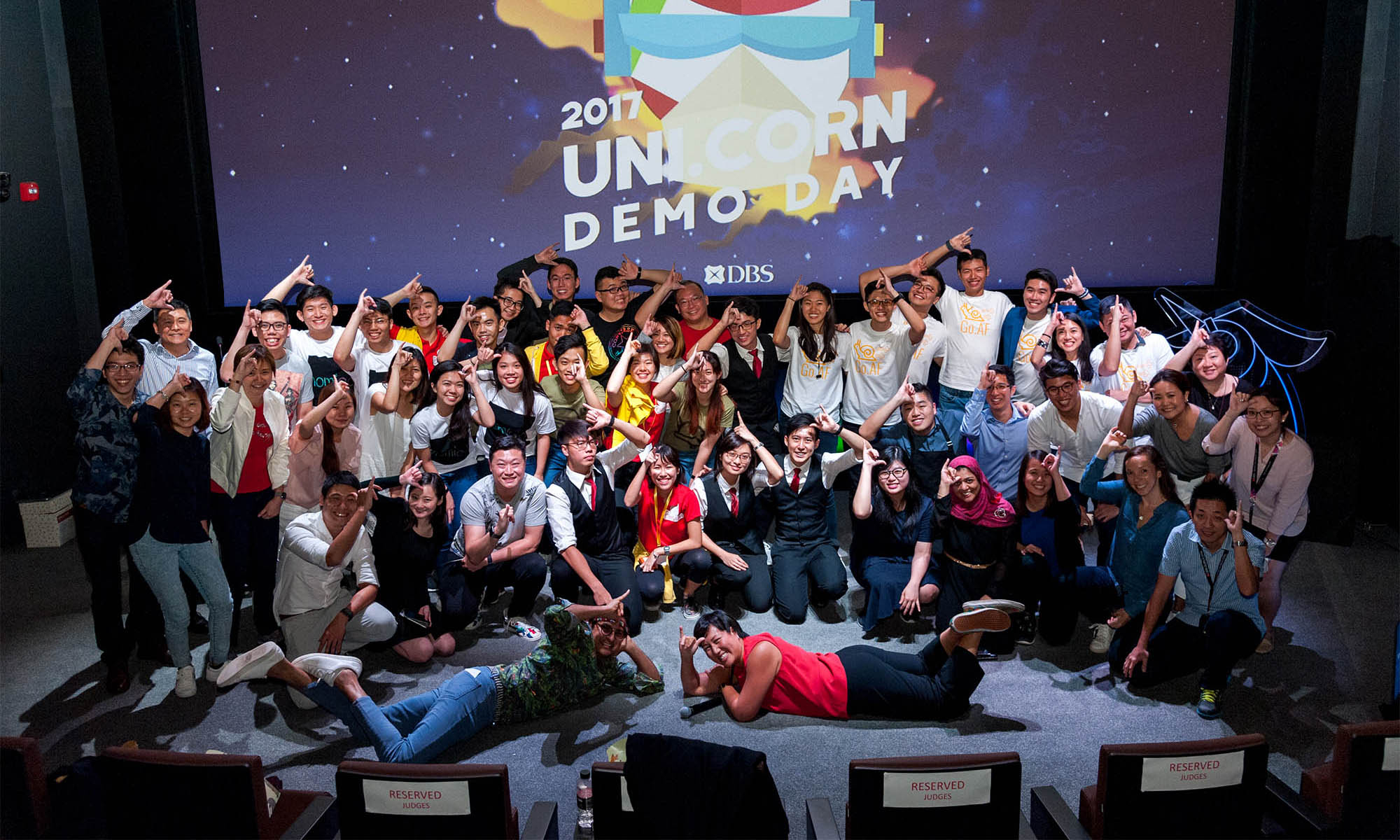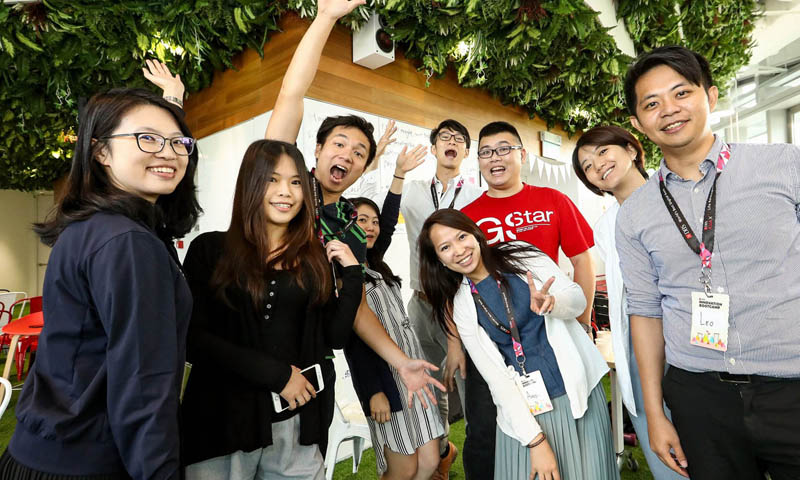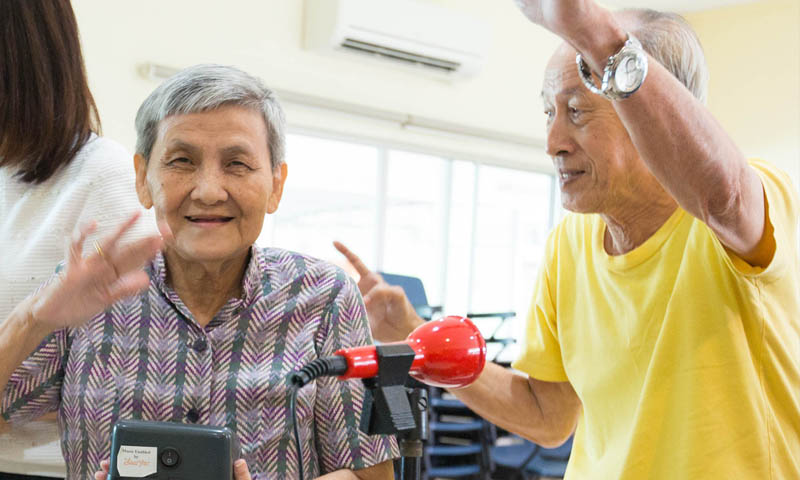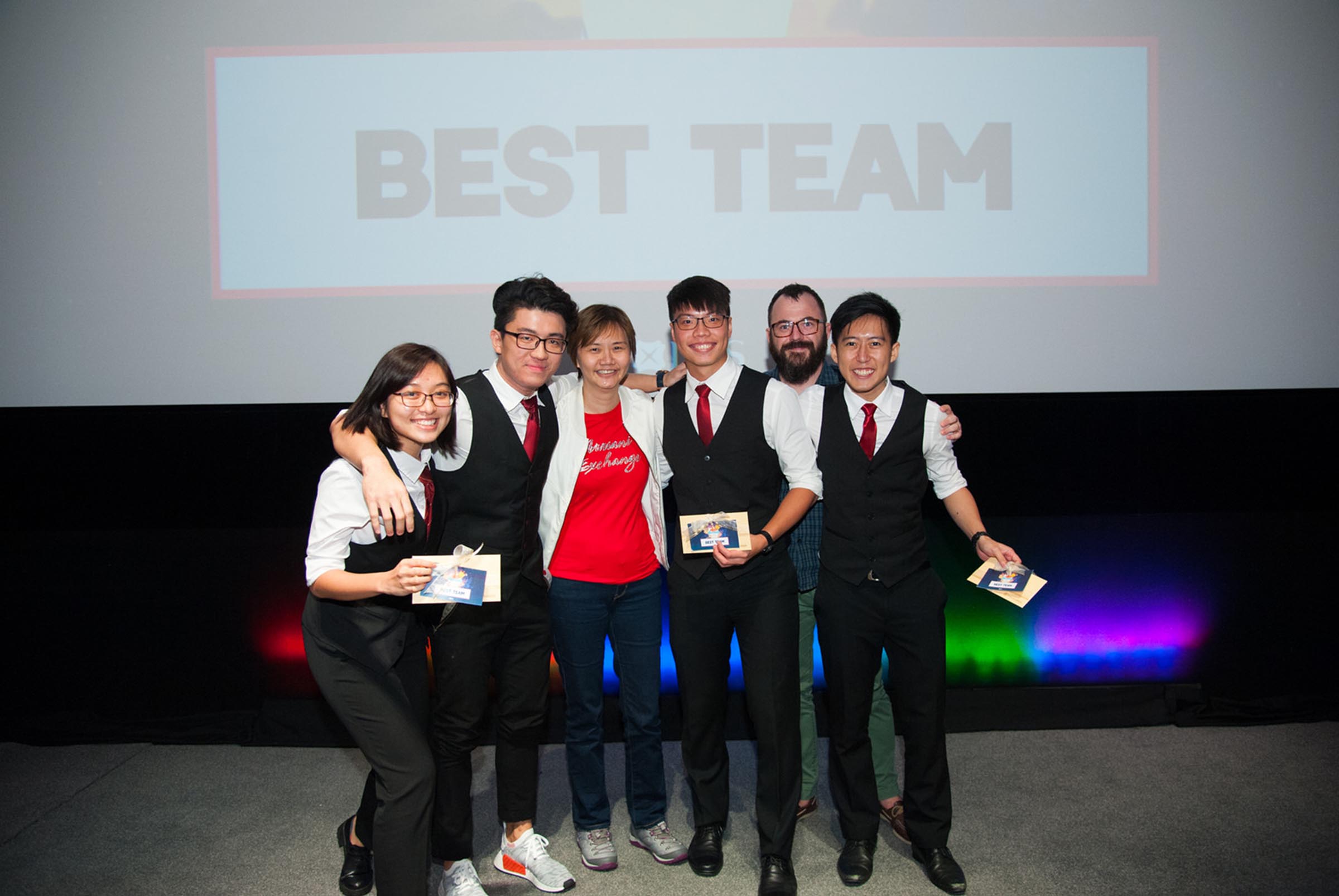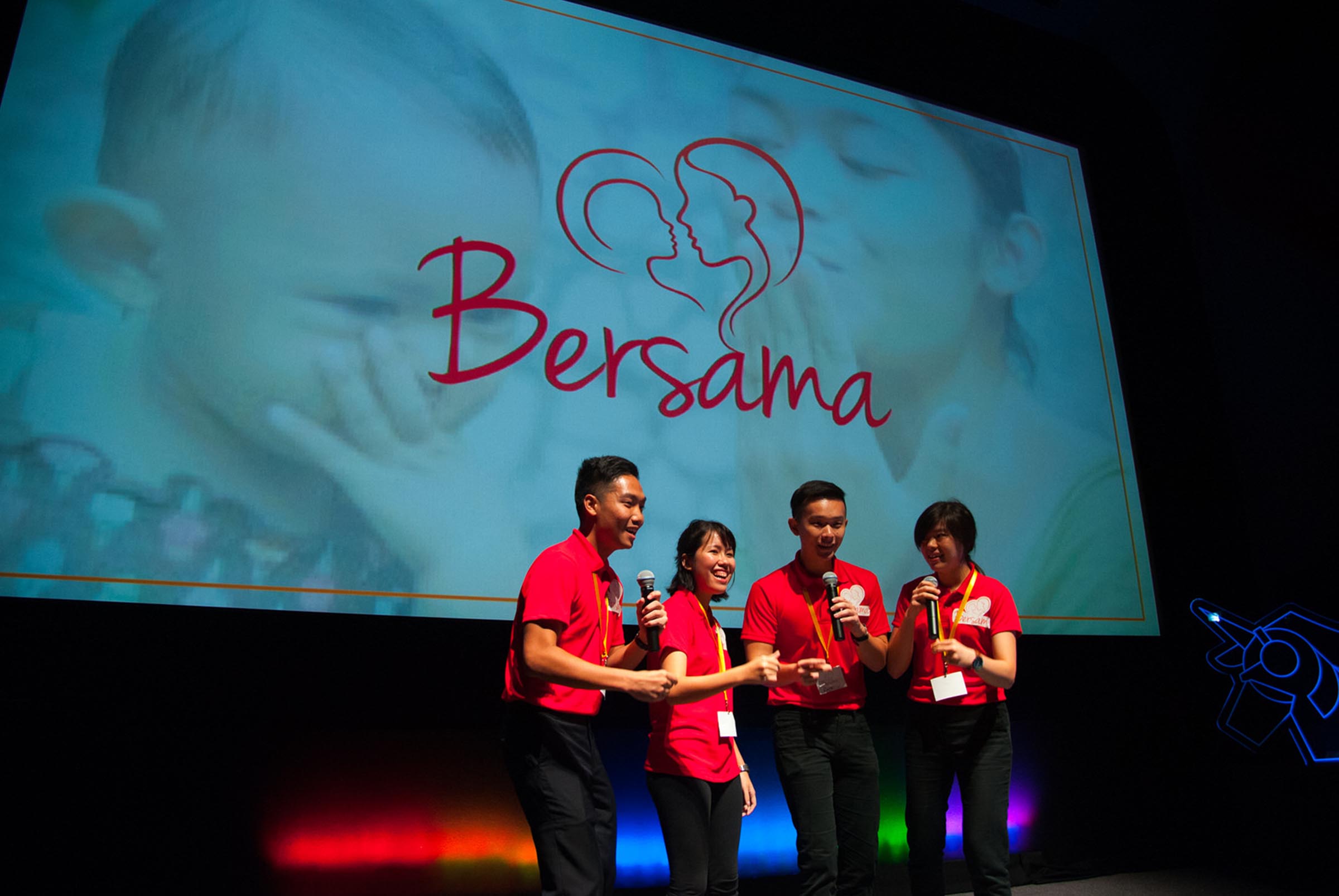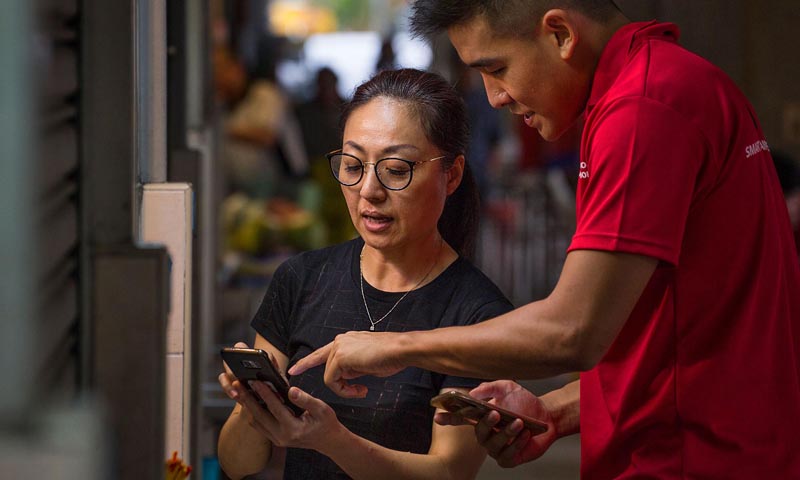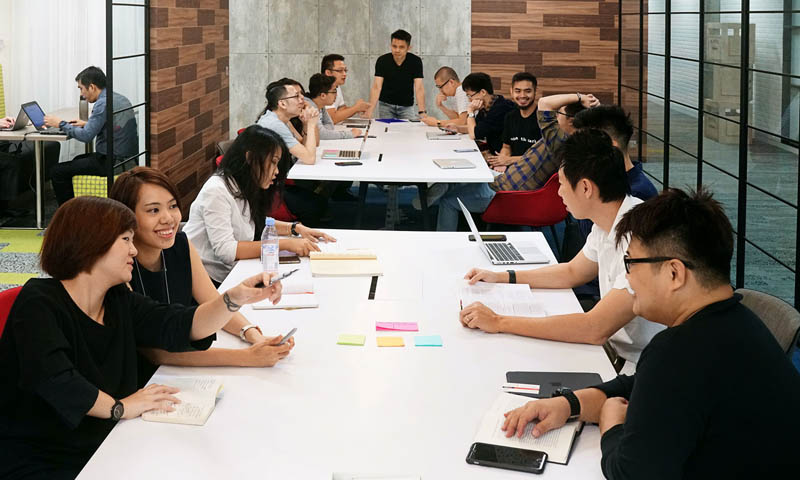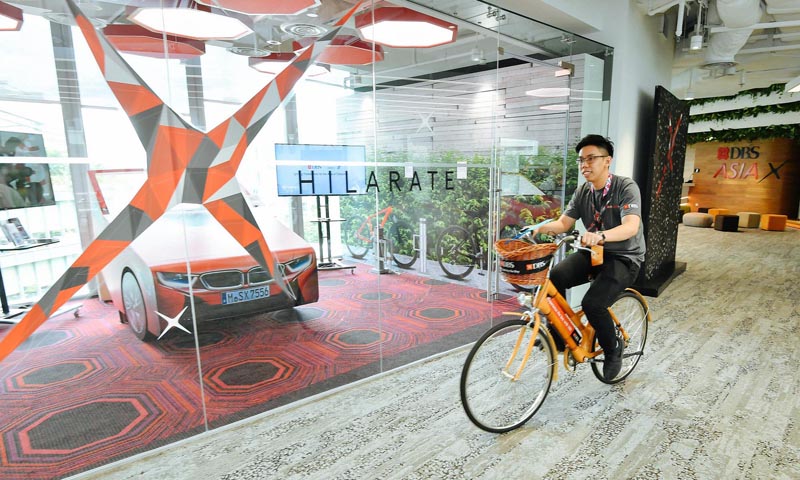Hear from two UNI.CORNs about their 12-week stint at DBS’ innovative internship programme
As part of its strategy to groom a new generation of digital bankers, DBS designed the DBS UNI.CORN Management Internship for students from any discipline in their penultimate year.
Interns, also known as UNI.CORNs, are taught the agile methodology framework and spend 12 weeks conceptualising, testing and developing their solutions to specific business problems. Each team showcases their solution to the bank’s senior management at the end of their internship.
Certain solutions may be tested within the respective business units, while outstanding interns will be recommended to join the Management Associate and Graduate Associates programmes.
Now in its second year, we caught up with two UNI.CORNs from the 2017 edition to find out more about their experience. Meet:
- Natalie Cheung, Life Sciences major, National University of Singapore
- Jonathan Goh, Finance major, Singapore Management University
1. How did you hear about the DBS UNI.CORN Management Internship and why did you sign up?
Natalie: While I was applying for internships, I chanced upon the DBS UNI.CORN blog. I’m a Biological Sciences student but I wanted to move out of the scientific field to try a career in finance and acquire some business knowledge/acumen.
The DBS UNI.CORN programme offered this opportunity and was a great entry point into the industry. I wanted a better understanding of the management and functions of a company, financial literacy and entrepreneurial skills that would be transferable to any career.
Jonathan: I was searching for internships at banks, and had several other applications that were incomplete as I was stuck with the usual "why do you want to join this bank" question. Nothing really stood out among the other banks.
DBS UNI.CORN was not just about banking. It was about finding new ways to bring value to the customer. The unique programme made me decide to sign up.
When selecting internships, I usually look out for three things. 1) How much can I learn from this internship? 2) Will I be able to add value to the company? 3) Will it be fun?
DBS UNI.CORN checked all three boxes.
2. What was your experience trying to get into the programme?
Natalie: It was like a marathon! There were numerous stages; online application, cover letters, numerical tests, logic, video interviews, and finally an Idea Smash (recruitment hackathon).
However, it ensured that the most brilliant minds were selected for the internship so it was a pleasure and privilege to have been able to compete and be chosen.
Jonathan: The Idea Smash is a 12-hour hackathon where applicants are grouped in teams to tackle a challenge statement issued by DBS. We were guided through a methodology that DBS applies to its work and mentors were always available to help us.
Participants of the Idea Smash will definitely learn new things even if they don't get through. This is what stands out to me. It shows DBS' stance towards learning and developing its people.
3. What is a typical day for a UNI.CORN?
Natalie: Every day is different. There is a lot of freedom to determine your own schedule and objectives. We spent 60% of our time outside the office interviewing stakeholders to understand their pain points, needs/wants/aspirations/goals, thought process, lifestyle, etc.
When in the office, we spent a lot of time consulting our mentors – the amazing people at DBS Asia X (DAX) – who were always receptive to our ideas. This was usually followed by a group discussion that could take anywhere between five minutes to five days! But it helped us avoid groupthink and all members could voice their views.
Jonathan: Every new day presented new challenges. Some days we were out and about interviewing people, other days we hunkered down to analyse the insights gathered. We had post-its stuck all over the whiteboards and countless discussions with other UNI.CORNS and our mentors.
During ideation, we came up with crazy ideas and tested them. We learnt how to use prototyping tools to create a minimum viable product (MVP). When testing the MVP with members of the public, we faced constant rejection, but took all these in our stride and were creative in our approach.
For example, approaching people with a clipboard is a major “no-go” as they will think we are trying to sell something. We were constantly going through experiment loops to test our assumptions.
All the hard work culminated into one 5-minute pitch on the last day of our internship.

 Hong Kong
Hong Kong India
India Indonesia
Indonesia China
China Taiwan
Taiwan
